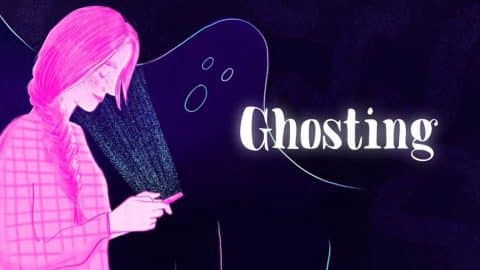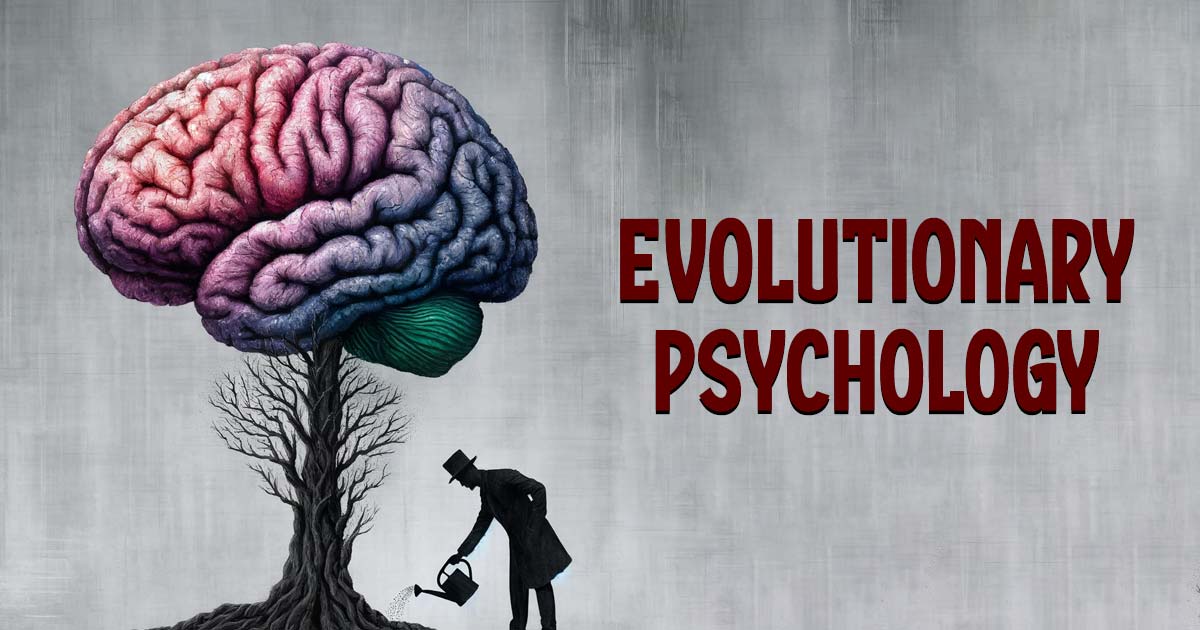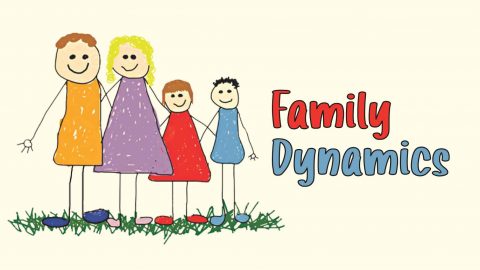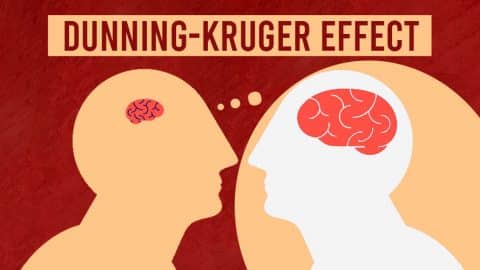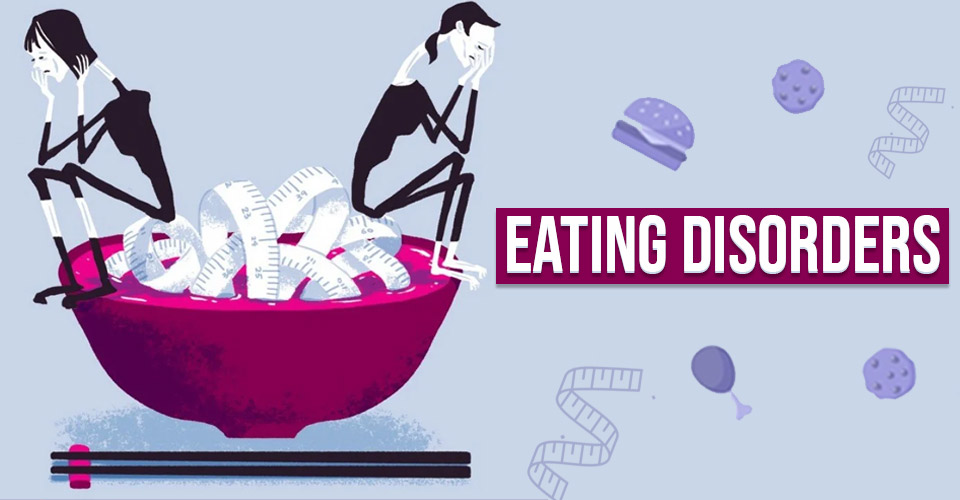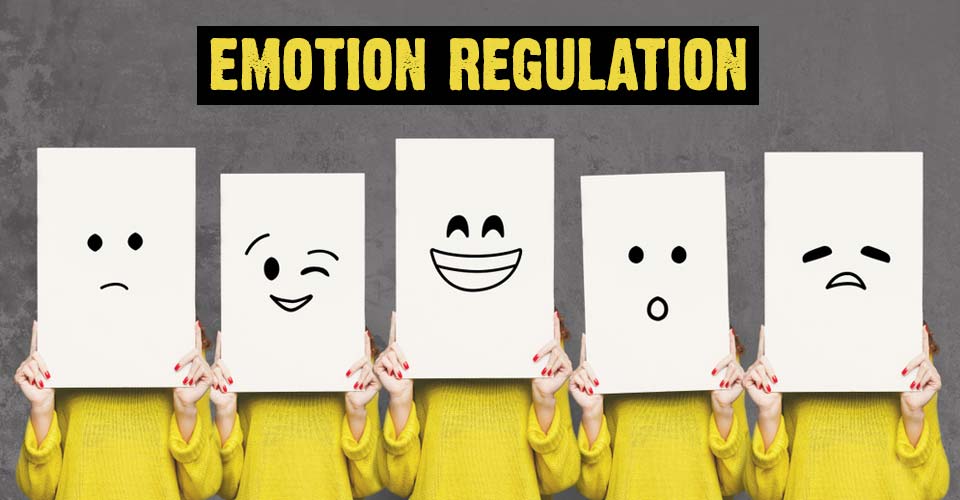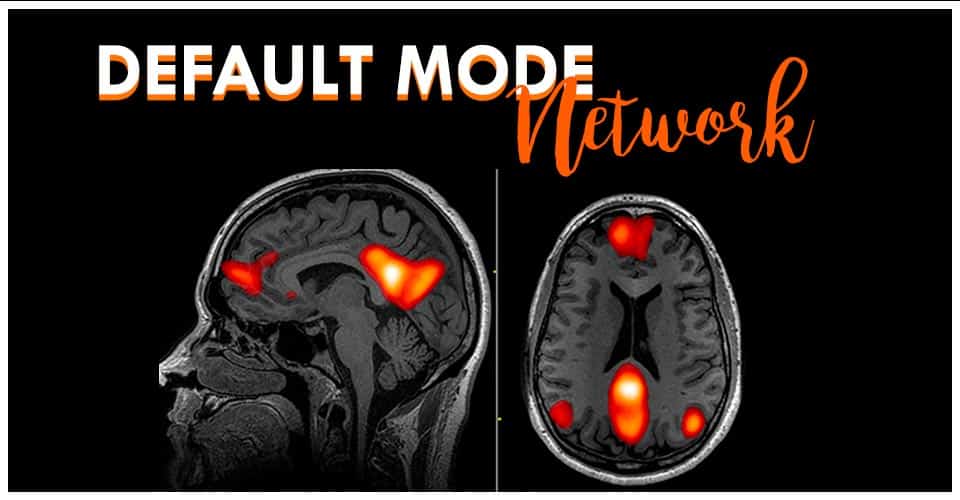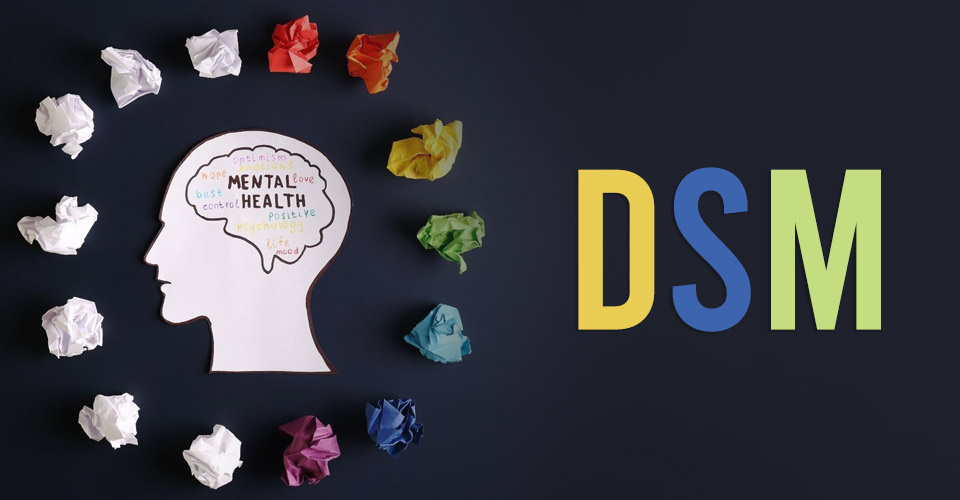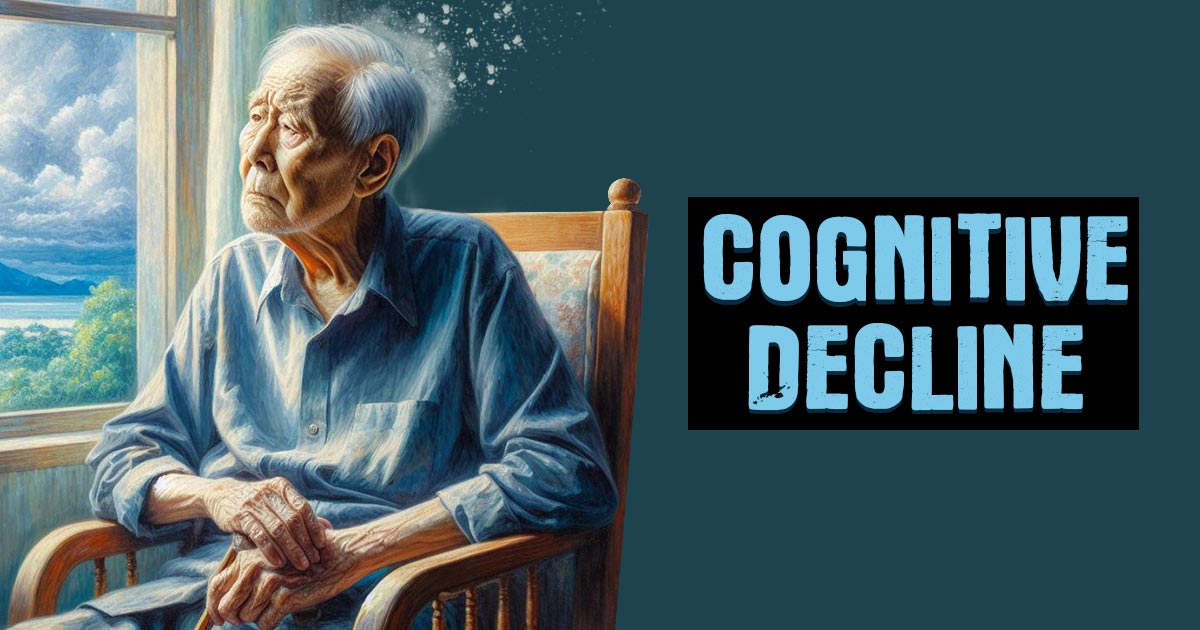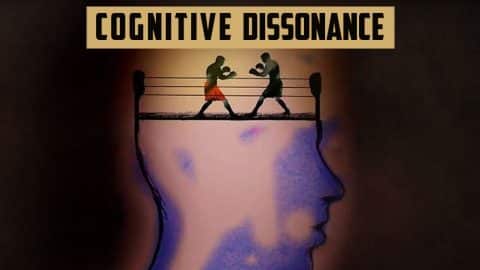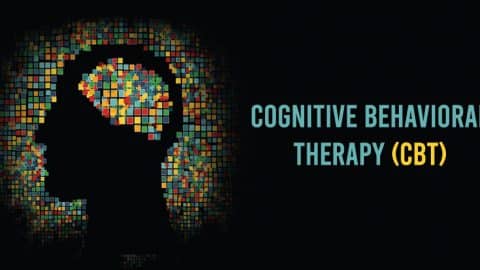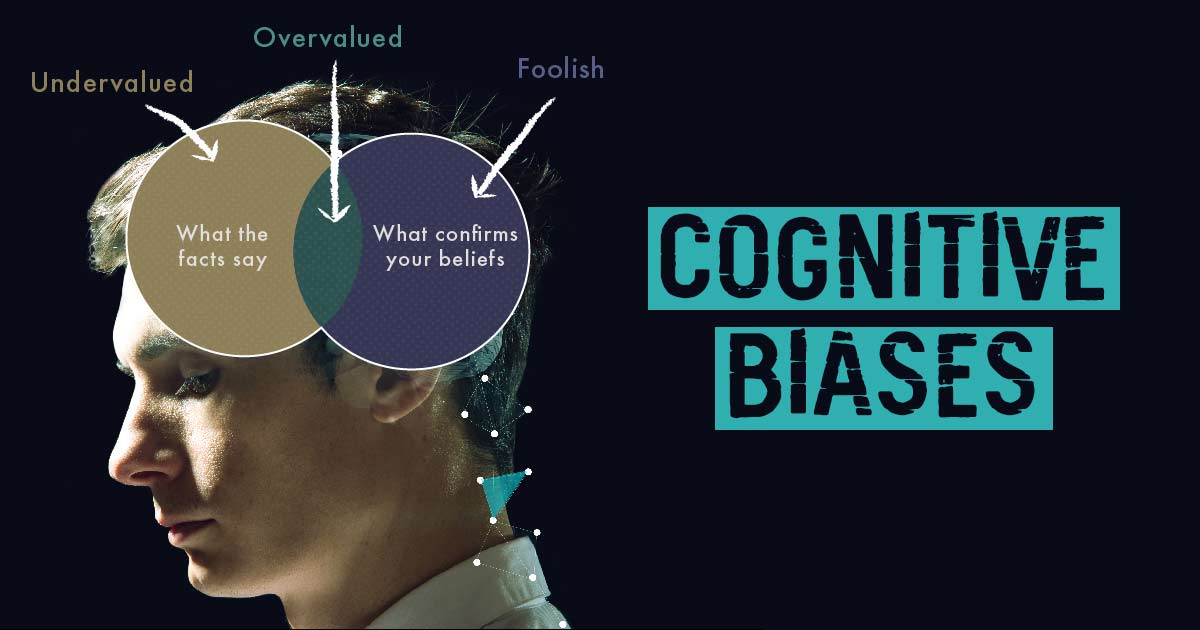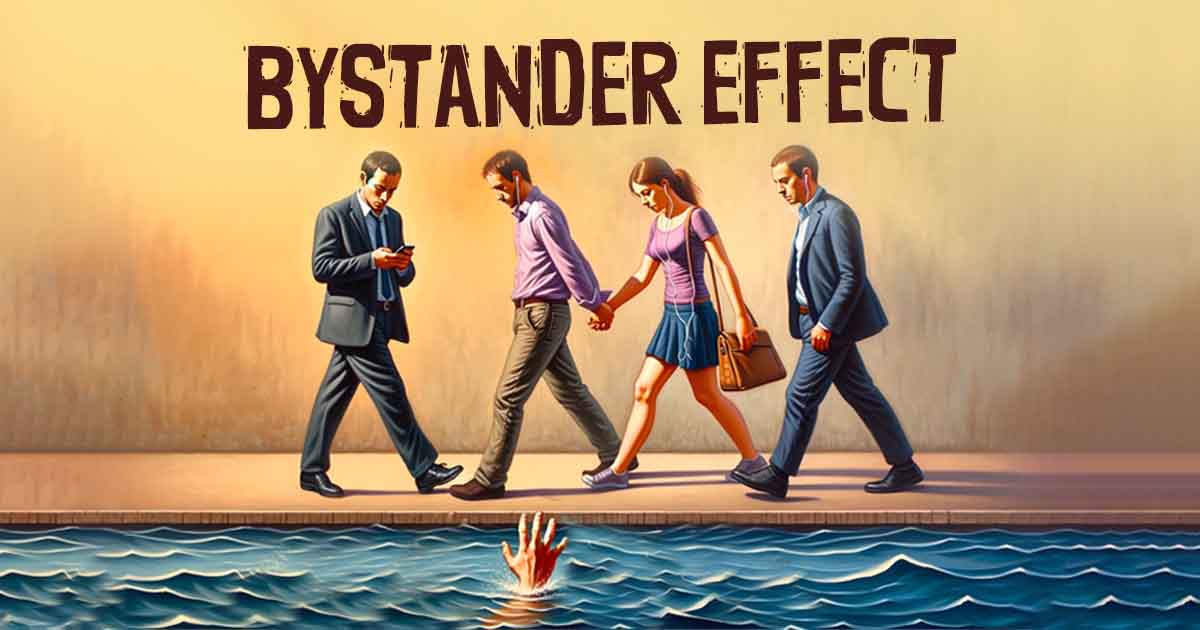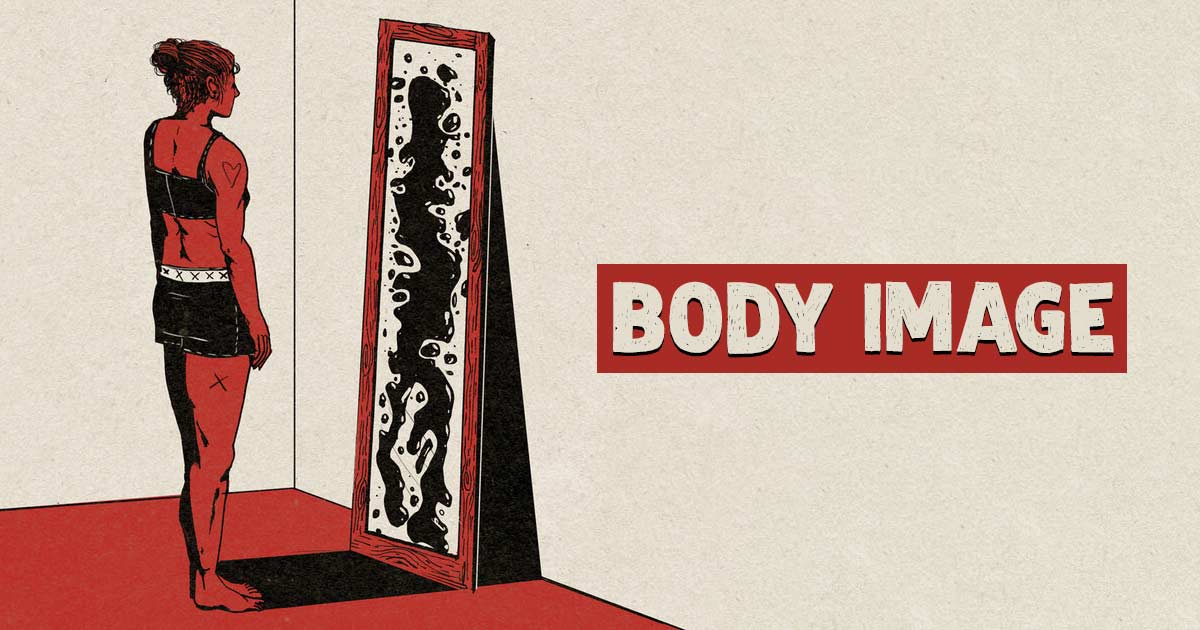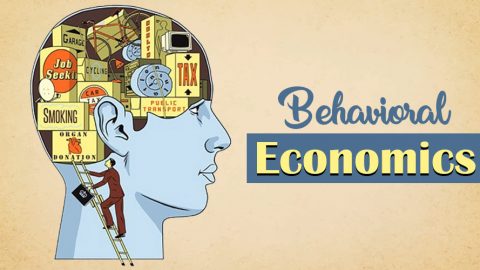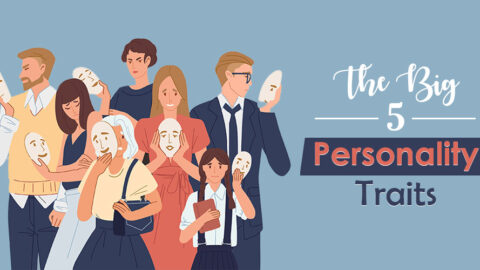Loneliness refers to a distressing state of mind that can make someone feel alone, empty, abandoned, and unwanted. When the feeling of being isolated worsens and becomes chronic, it can lead to a wide range of psychological conditions.
What Is Loneliness?
Loneliness refers to a specific negative emotion and a state of mind where a person feels alone and isolated for extended periods of time. It is often defined as “the subjective feeling 1 Hwang, T. J., Rabheru, K., Peisah, C., Reichman, W., & Ikeda, M. (2020). Loneliness and social isolation during the COVID-19 pandemic. International psychogeriatrics, 32(10), 1217–1220. https://doi.org/10.1017/S1041610220000988 of being alone.” According to researchers 2 Richard, A., Rohrmann, S., Vandeleur, C. L., Schmid, M., Barth, J., & Eichholzer, M. (2017). Loneliness is adversely associated with physical and mental health and lifestyle factors: Results from a Swiss national survey. PloS one, 12(7), e0181442. https://doi.org/10.1371/journal.pone.0181442 , it is a distressing, yet common, feeling that is driven by our “perception of unsatisfying social relationships.” This perception is not dependent on the volume of social interactions but can be influenced by the feeling of isolation and unsatisfied need for affection from existing relationships. It is associated more closely to a lack of meaning in relationships than the quantity of social interactions. It is a state of being alone that makes people crave human contact, but ironically their mental health condition prevents them from connecting with others.
Loneliness mainly occurs when someone seeks social connection but their needs are not successfully met. However, being lonely is not similar to being alone. Loneliness is a negative mental state which is characterized by a sense of social isolation; whereas solitude is a positive state of mind where someone willingly chooses to spend time alone. Feeling lonely is a discomforting and distressing experience that can be felt even when someone is not physically alone. It is characterized by a lack of social connection and not necessarily a lack of relationships, as even married individuals can also experience chronic loneliness.
Although it is not clinically identified as a mental illness, it can adversely affect a person’s psychological and physical health 3 Yanguas, J., Pinazo-Henandis, S., & Tarazona-Santabalbina, F. J. (2018). The complexity of loneliness. Acta bio-medica : Atenei Parmensis, 89(2), 302–314. https://doi.org/10.23750/abm.v89i2.7404 . According to a 2018 study 4 Cacioppo, J. T., & Cacioppo, S. (2018). The growing problem of loneliness. Lancet (London, England), 391(10119), 426. https://doi.org/10.1016/S0140-6736(18)30142-9 , loneliness is related to anxiety, stress, social isolation, irritability, depression, neuroticism, poor social skills, introversion, and premature mortality. However, it should be noted that the experience of this psychological state is highly subjective and individual-specific as the intensity may vary greatly from person to another.
Understanding Loneliness
The feeling of being lonely is considered as an intense negative experience in human psychology. Loneliness and the fear of being lonely are not similar emotions, but both frequently lead to poor decision-making and self-sabotaging behavior. It can be specifically characterized by a painful feeling caused by a lack of intimacy and not being able to connect with other people on an emotional level. Although it is typically an unpleasant feeling, some individuals may willingly seek to spend time alone as solitude can feel restorative in boosting creativity, according to a 2013 study. 5 Tiwari S. C. (2013). Loneliness: A disease?. Indian journal of psychiatry, 55(4), 320–322. https://doi.org/10.4103/0019-5545.120536
The feeling of being lonely is typically not noticed by external observers, rather it comes from an individual’s subjective perception. According to psychologists 6 Mund, M., Freuding, M. M., Möbius, K., Horn, N., & Neyer, F. J. (2020). The Stability and Change of Loneliness Across the Life Span: A Meta-Analysis of Longitudinal Studies. Personality and social psychology review : an official journal of the Society for Personality and Social Psychology, Inc, 24(1), 24–52. https://doi.org/10.1177/1088868319850738 , the feeling of being lonely is a stable trait, and people’s reactions regarding this feeling fluctuate depending on their circumstances. A 2018 research paper 7 Rico-Uribe, L. A., Caballero, F. F., Martín-María, N., Cabello, M., Ayuso-Mateos, J. L., & Miret, M. (2018). Association of loneliness with all-cause mortality: A meta-analysis. PloS one, 13(1), e0190033. https://doi.org/10.1371/journal.pone.0190033 suggests that it is a global problem among the adult population that also increases the risk of a shortened lifespan.
Researchers 8 Yanguas, J., Pinazo-Henandis, S., & Tarazona-Santabalbina, F. J. (2018). The complexity of loneliness. Acta bio-medica : Atenei Parmensis, 89(2), 302–314. https://doi.org/10.23750/abm.v89i2.7404 have described this feeling as a multidimensional and complex construct. “Loneliness is defined as a distressing feeling that accompanies the perception that one’s social needs are not being met by the quantity or especially the quality of one’s social relationships,” a 2013 study 9 Hawkley, L. C., & Cacioppo, J. T. (2010). Loneliness matters: a theoretical and empirical review of consequences and mechanisms. Annals of behavioral medicine : a publication of the Society of Behavioral Medicine, 40(2), 218–227. https://doi.org/10.1007/s12160-010-9210-8 defined. This study estimated that about 80% of teenagers and 40% of adults over 65 years of age reported being lonely at some point in their lives.
Loneliness Vs. Solitude
Researchers claim that loneliness and social isolation can adversely affect one’s psychological well-being, but being alone doesn’t involve any negative effects that loneliness does. The state of being alone, also known as solitude, has several important mental health benefits that allow people to better concentrate and boost their creative thoughts.
Loneliness is a feeling of isolation followed by the desire for social connections, while solitude is a voluntary state of being physically alone. Solitude 10 Rodriguez, M., Bellet, B. W., & McNally, R. J. (2020). Reframing Time Spent Alone: Reappraisal Buffers the Emotional Effects of Isolation. Cognitive therapy and research, 1–16. Advance online publication. https://doi.org/10.1007/s10608-020-10128-x can be characterized by the experience of enjoying one’s own company. These two states of mind mostly occur as a result of being alone. But social neuroscientists describe loneliness as the painful isolation and solitude as the desired isolation.
Symptoms Of Chronic Loneliness
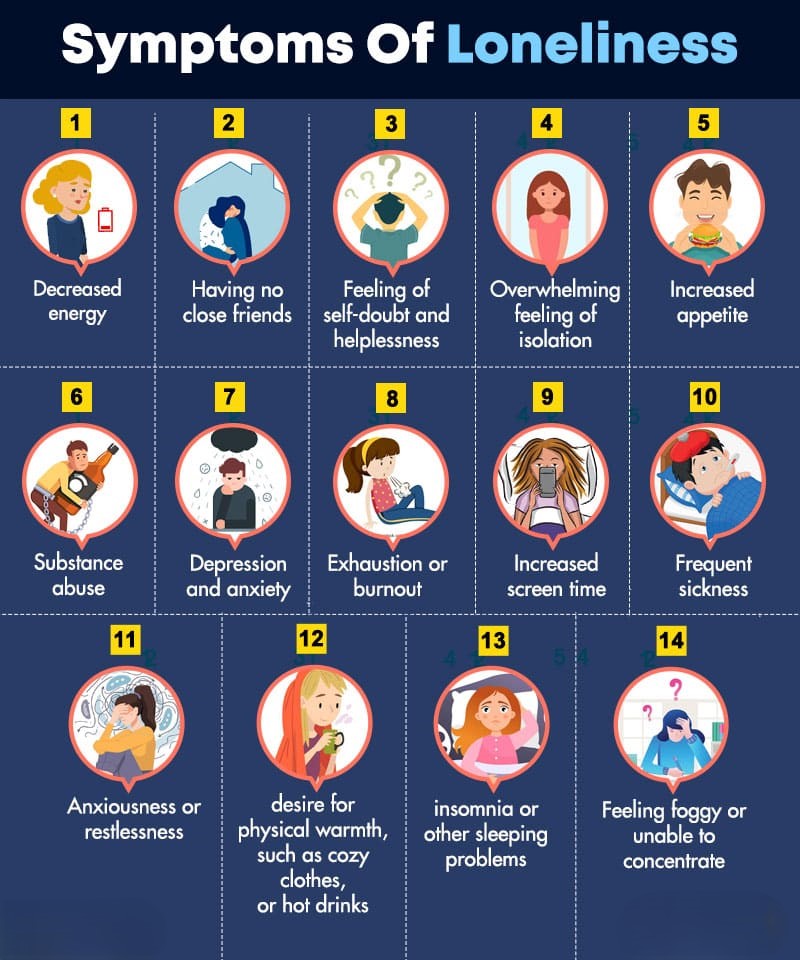
One cannot observe the signs and symptoms of loneliness until it becomes extremely uncomfortable and chronic. A constant feeling of being alone, separated from others, and unable to connect with others are some of the common experiences one can have while feeling chronically lonely.
Here are some other common symptoms:
- Decreased energy 11 Hawkley, L. C., Preacher, K. J., & Cacioppo, J. T. (2010). Loneliness impairs daytime functioning but not sleep duration. Health psychology : official journal of the Division of Health Psychology, American Psychological Association, 29(2), 124–129. https://doi.org/10.1037/a0018646
- Having no close friends 12 Cacioppo, J. T., Fowler, J. H., & Christakis, N. A. (2009). Alone in the crowd: the structure and spread of loneliness in a large social network. Journal of personality and social psychology, 97(6), 977–991. https://doi.org/10.1037/a0016076
- Feeling of self-doubt and helplessness 13 Szcześniak, M., Bielecka, G., Madej, D., Pieńkowska, E., & Rodzeń, W. (2020). The Role of Self-Esteem in the Relationship Between Loneliness and Life Satisfaction in Late Adulthood: Evidence from Poland. Psychology research and behavior management, 13, 1201–1212. https://doi.org/10.2147/PRBM.S275902
- An overwhelming feeling of isolation 14 National Academies of Sciences, Engineering, and Medicine; Division of Behavioral and Social Sciences and Education; Health and Medicine Division; Board on Behavioral, Cognitive, and Sensory Sciences; Board on Health Sciences Policy; Committee on the Health and Medical Dimensions of Social Isolation and Loneliness in Older Adults. Social Isolation and Loneliness in Older Adults: Opportunities for the Health Care System. Washington (DC): National Academies Press (US); 2020 Feb 27. PMID: 32510896.
- Increased appetite 15 Jaremka, L. M., Fagundes, C. P., Peng, J., Belury, M. A., Andridge, R. R., Malarkey, W. B., & Kiecolt-Glaser, J. K. (2015). Loneliness predicts postprandial ghrelin and hunger in women. Hormones and behavior, 70, 57–63. https://doi.org/10.1016/j.yhbeh.2015.01.011
- Substance abuse 16 Copeland M, Fisher JC, Moody J, Feinberg ME. Different Kinds of Lonely: Dimensions of Isolation and Substance Use in Adolescence. J Youth Adolesc. 2018 Aug;47(8):1755-1770. doi: 10.1007/s10964-018-0860-3. Epub 2018 May 17. PMID: 29774451; PMCID: PMC6045973.
- Depression and anxiety 17 Jaremka, L. M., Andridge, R. R., Fagundes, C. P., Alfano, C. M., Povoski, S. P., Lipari, A. M., Agnese, D. M., Arnold, M. W., Farrar, W. B., Yee, L. D., Carson, W. E., 3rd, Bekaii-Saab, T., Martin, E. W., Jr, Schmidt, C. R., & Kiecolt-Glaser, J. K. (2014). Pain, depression, and fatigue: loneliness as a longitudinal risk factor. Health psychology : official journal of the Division of Health Psychology, American Psychological Association, 33(9), 948–957. https://doi.org/10.1037/a0034012
- Exhaustion or burnout when trying to communicate socially 18 Shapiro, J., Zhang, B., & Warm, E. J. (2015). Residency as a Social Network: Burnout, Loneliness, and Social Network Centrality. Journal of graduate medical education, 7(4), 617–623. https://doi.org/10.4300/JGME-D-15-00038.1
- Increased screen time
- Increased desire for physical warmth, such as cozy clothes, or hot drinks 19 Bargh, J. A., & Shalev, I. (2012). The substitutability of physical and social warmth in daily life. Emotion (Washington, D.C.), 12(1), 154–162. https://doi.org/10.1037/a0023527
- Frequent sickness 20 Petitte, T., Mallow, J., Barnes, E., Petrone, A., Barr, T., & Theeke, L. (2015). A Systematic Review of Loneliness and Common Chronic Physical Conditions in Adults. The open psychology journal, 8(Suppl 2), 113–132. https://doi.org/10.2174/1874350101508010113
- Anxiousness or restlessness 21 Griffin, S., Baylor, A., Rybarczyk, B., & Dzierzewski, J. (2018). LONELY NIGHTS: THE RELATIONSHIP BETWEEN LONELINESS AND RESTLESS SLEEP IN OLDER AMERICANS. Innovation in Aging, 2(Suppl 1), 279–280. https://doi.org/10.1093/geroni/igy023.1033
- Insomnia or other sleeping problems 22 Griffin, S. C., Williams, A. B., Ravyts, S. G., Mladen, S. N., & Rybarczyk, B. D. (2020). Loneliness and sleep: A systematic review and meta-analysis. Health psychology open, 7(1), 2055102920913235. https://doi.org/10.1177/2055102920913235
- Feeling foggy or unable to concentrate
Types Of Loneliness
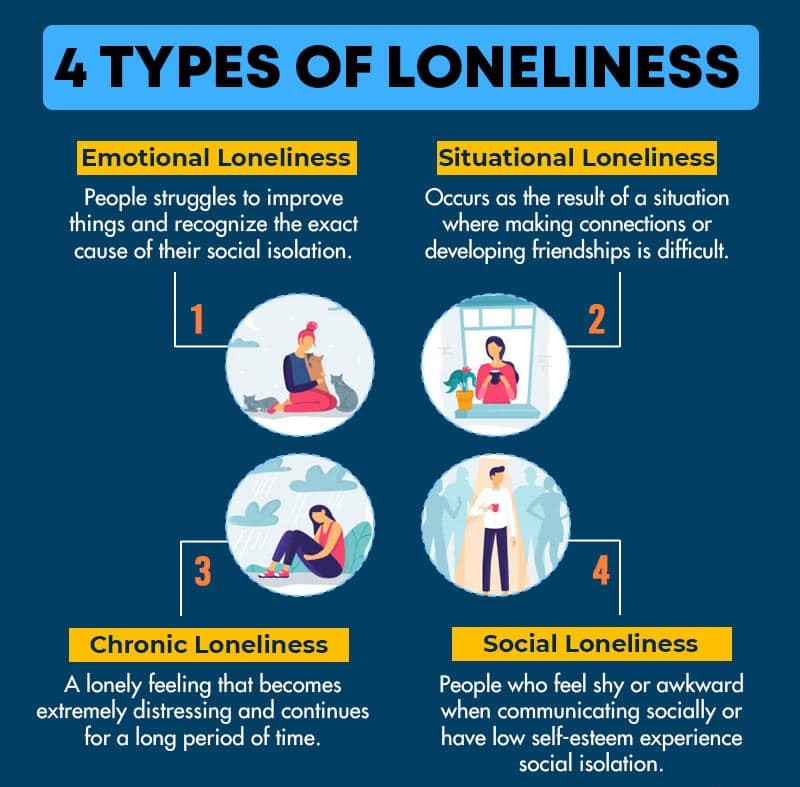
The feeling of being lonely affects people in different ways. Psychologists have identified four common types of loneliness, such as:
1. Emotional Loneliness
A person with this condition often struggles to improve things and recognize the exact cause of their social isolation. A 2016 research paper 23 Cacioppo, S., Grippo, A. J., London, S., Goossens, L., & Cacioppo, J. T. (2015). Loneliness: clinical import and interventions. Perspectives on psychological science : a journal of the Association for Psychological Science, 10(2), 238–249. https://doi.org/10.1177/1745691615570616 suggests that it is a circumstantial condition and can be treated with the help of cognitive-behavioral therapy (CBT) or group therapy. These therapies help people to better understand why they are feeling lonely and how their past experiences have contributed to their psychological condition.
Read More About Cognitive Behavioral Therapy (CBT) Here
2. Situational Loneliness
Studies 24 Mushtaq, R., Shoib, S., Shah, T., & Mushtaq, S. (2014). Relationship between loneliness, psychiatric disorders and physical health ? A review on the psychological aspects of loneliness. Journal of clinical and diagnostic research : JCDR, 8(9), WE01–WE4. https://doi.org/10.7860/JCDR/2014/10077.4828 show that it occurs as the result of a situation or an environment where making connections or developing friendships is a difficult thing to accomplish. Circumstances that influence situational lonely feeling include shifting to another place, job changes, relationship changes, separation from family, illness, death of a loved one. It is not a severe condition but can still affect a person’s mental well-being.
3. Chronic Loneliness
It refers to a lonely feeling that becomes extremely distressing and continues for a long period of time. It often becomes a way of life for the person and he/she may develop more severe signs and symptoms over time. It can cause other chronic psychological illnesses also, including depression. 25 Martín-María N, Caballero FF, Lara E, Domènech-Abella J, Haro JM, Olaya B, Ayuso-Mateos JL, Miret M. Effects of transient and chronic loneliness on major depression in older adults: A longitudinal study. Int J Geriatr Psychiatry. 2021 Jan;36(1):76-85. doi: 10.1002/gps.5397. Epub 2020 Sep 10. PMID: 32791563.
4. Social Loneliness
According to a 2017 study 26 Child, S. T., & Lawton, L. (2019). Loneliness and social isolation among young and late middle-age adults: Associations with personal networks and social participation. Aging & mental health, 23(2), 196–204. https://doi.org/10.1080/13607863.2017.1399345 , people who struggle to communicate socially due to shyness, awkwardness, or a sense of low self-esteem are more likely to experience social isolation. Additionally, their mental condition makes them doubt their own capabilities more. Joining a virtual support group and investing time in hobbies can be beneficial for them to overcome their feeling of isolation.
Causes Of Loneliness
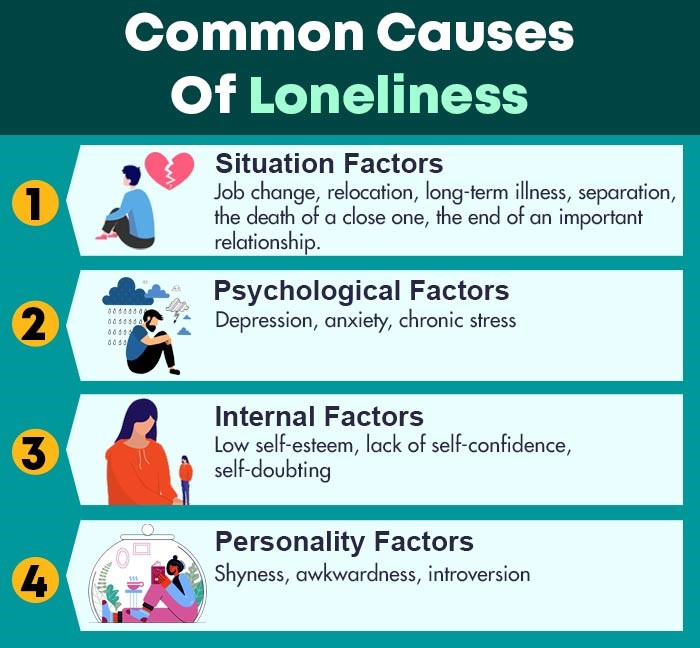
Causes that contribute to persistent lonely feelings differ from person to person. Situational causes are more prevalent, but the feeling of being lonely even when surrounded by others can be a symptom of a psychological condition. It can also be attributed to a few internal factors and personality traits.
The following are some of the common factors that make a person feel lonely:
1. Situational Factors
Several situational variables, such as job change, relocating to another place, physical isolation due to an illness, separation, the death of a close one, the end of an important relationship, the experience of living alone for the first time can make a person feel lonely.
2. Psychological Factors
Loneliness can be a symptom of a mental health illness, such as depression. A recent 2020 research 27 Achterbergh, L., Pitman, A., Birken, M., Pearce, E., Sno, H., & Johnson, S. (2020). The experience of loneliness among young people with depression: a qualitative meta-synthesis of the literature. BMC psychiatry, 20(1), 415. https://doi.org/10.1186/s12888-020-02818-3 explains that depression causes social withdrawal that eventually makes a person feel lonely. It can even trigger other severe signs and symptoms of depression.
3. Internal Factors
People with low self-esteem often believe that they are not worthy enough of receiving attention from other people. Lack of self-confidence and self-doubting can lead to isolation or chronic loneliness.
4. Personality Factors
People who feel shy or awkward while socially communicating with others can also develop symptoms of loneliness. Research 28 Wei M. (2020). Social Distancing and Lockdown – An Introvert’s Paradise? An Empirical Investigation on the Association Between Introversion and the Psychological Impact of COVID19-Related Circumstantial Changes. Frontiers in psychology, 11, 561609. https://doi.org/10.3389/fpsyg.2020.561609 shows that introverts are less likely to make social connections and experience difficulty while sharing their thoughts and feelings. All these can significantly contribute to feelings of social isolation.
Negative Effects Of Loneliness
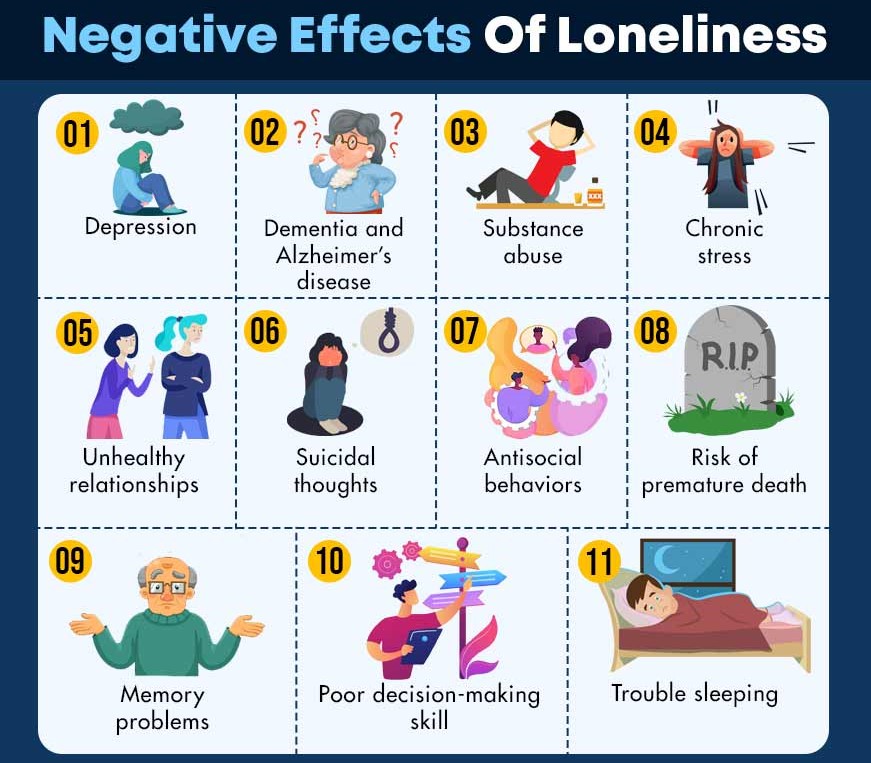
A long-standing feeling of isolation can adversely affect an individual’s mental health. It can trigger numerous behavioral and personality changes as well. Some of the most common negative effects of being lonely for a long time include:
1. Depression
It is a complex psychological problem and has individual-specific effects. Chronically lonely people often develop depression 29 Robb, C. E., de Jager, C. A., Ahmadi-Abhari, S., Giannakopoulou, P., Udeh-Momoh, C., McKeand, J., Price, G., Car, J., Majeed, A., Ward, H., & Middleton, L. (2020). Associations of Social Isolation with Anxiety and Depression During the Early COVID-19 Pandemic: A Survey of Older Adults in London, UK. Frontiers in psychiatry, 11, 591120. https://doi.org/10.3389/fpsyt.2020.591120 symptoms. If a person is isolated for a long time, it is common to develop symptoms like low mood, anxiety, overthinking problems, hopelessness, helplessness, lack of energy, etc.
Read More About Major Depressive Disorder (Depression) Here
2. Dementia And Alzheimer’s Disease
Loneliness in older adults is interconnected with an increased risk of dementia. Studies 30 Donovan, N. J., & Blazer, D. (2020). Social Isolation and Loneliness in Older Adults: Review and Commentary of a National Academies Report. The American journal of geriatric psychiatry : official journal of the American Association for Geriatric Psychiatry, 28(12), 1233–1244. https://doi.org/10.1016/j.jagp.2020.08.005 have found that social isolation increases the risk of developing dementia by 50%. Lonely people mostly experience a lack of cognitive stimulation with others. A 2007 research 31 Wilson RS, Krueger KR, Arnold SE, Schneider JA, Kelly JF, Barnes LL, Tang Y, Bennett DA. Loneliness and risk of Alzheimer disease. Arch Gen Psychiatry. 2007 Feb;64(2):234-40. doi: 10.1001/archpsyc.64.2.234. PMID: 17283291. says that persistent isolation triggers depression symptoms which is itself a symptom of Alzheimer’s disease.
3. Substance Abuse
A 2014 study 32 Hosseinbor, M., Yassini Ardekani, S. M., Bakhshani, S., & Bakhshani, S. (2014). Emotional and social loneliness in individuals with and without substance dependence disorder. International journal of high risk behaviors & addiction, 3(3), e22688. https://doi.org/10.5812/ijhrba.22688 claims that people often use drugs and alcohol as a coping mechanism to deal with their loneliness. Substances can alleviate the feeling temporarily, but they may have long-term severe consequences.
Read More About Drug Abuse Here
4. Chronic Stress
Chronic loneliness is associated with an increased level of cortisol hormone 33 Doane, L. D., & Adam, E. K. (2010). Loneliness and cortisol: momentary, day-to-day, and trait associations. Psychoneuroendocrinology, 35(3), 430–441. https://doi.org/10.1016/j.psyneuen.2009.08.005 that the human body creates when experiencing stress. This condition often leads to excessive weight gain, tiredness, trouble concentrating, burnout, and insulin resistance.
5. Unhealthy Relationships
When people feel lonely, companionship seems the most natural way to cope with their isolation. The desire to have a companion makes them involved in the first relationship available to them. Without thinking much about the values, compatibility, personality, they end up staying in an unhealthy and toxic relationship.
Other adverse effects are:
- Suicidal thoughts 34 Calati R, Ferrari C, Brittner M, Oasi O, Olié E, Carvalho AF, Courtet P. Suicidal thoughts and behaviors and social isolation: A narrative review of the literature. J Affect Disord. 2019 Feb 15;245:653-667. doi: 10.1016/j.jad.2018.11.022. Epub 2018 Nov 7. PMID: 30445391.
- Antisocial behaviors 35 Martens WH, Palermo GB. Loneliness and associated violent antisocial behavior: analysis of the case reports of Jeffrey Dahmer and Dennis Nilsen. Int J Offender Ther Comp Criminol. 2005 Jun;49(3):298-307. doi: 10.1177/0306624X05274898. PMID: 15851509.
- Risk of premature death 36 Holt-Lunstad J, Smith TB, Baker M, Harris T, Stephenson D. Loneliness and social isolation as risk factors for mortality: a meta-analytic review. Perspect Psychol Sci. 2015 Mar;10(2):227-37. doi: 10.1177/1745691614568352. PMID: 25910392.
- Memory problems 37 Read, S., Comas-Herrera, A., & Grundy, E. (2020). Social Isolation and Memory Decline in Later-life. The journals of gerontology. Series B, Psychological sciences and social sciences, 75(2), 367–376. https://doi.org/10.1093/geronb/gbz152
- Poor decision-making skill 38 Stewart, C. C., Yu, L., Glover, C. M., Mottola, G., Bennett, D. A., Wilson, R. S., & Boyle, P. A. (2020). Loneliness Interacts With Cognition in Relation to Healthcare and Financial Decision Making Among Community-Dwelling Older Adults. The Gerontologist, 60(8), 1476–1484. https://doi.org/10.1093/geront/gnaa078
- Trouble sleeping 39 McLay, L., Jamieson, H. A., France, K. G., & Schluter, P. J. (2021). Loneliness and social isolation is associated with sleep problems among older community-dwelling women and men with complex needs. Scientific reports, 11(1), 4877. https://doi.org/10.1038/s41598-021-83778-w
Tips To Prevent Loneliness
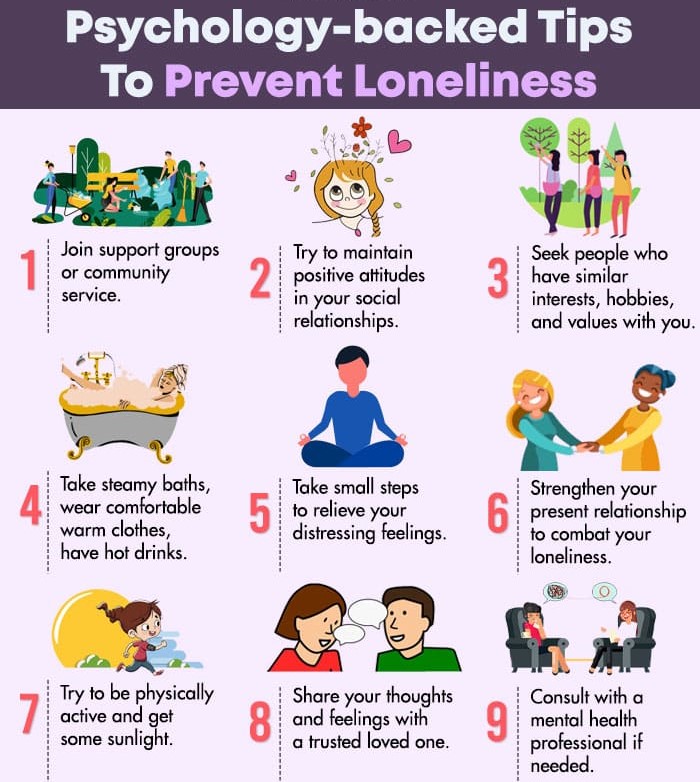
It is not a severe condition that cannot be dealt with, but it requires conscious effort to make several healthy lifestyle changes. When loneliness becomes a long-term, emotionally vulnerable condition, then it may require medical attention. Here are some of the beneficial tips that can help one to deal with their lonely feelings:
- Join support groups or community service. It will give you enough opportunities to meet new people and make social connections.
- Try to stay positive and maintain positive attitudes in your social relationships.
- Seek people who have similar interests, hobbies, and values with you.
- Try physical warmth techniques, such as taking a steamy bath, wearing comfortable warm clothes, or sipping hot tea.
- Don’t expect an overnight change, rather take small steps that will help you in gradually relieving your distressing feelings.
- Strengthening your present relationship is more important than building a new one. It is also considered a helpful way to combat your isolation.
- Try to be physically active and get some sunlight as it helps elevate endorphins and serotonin 40 Mead M. N. (2008). Benefits of sunlight: a bright spot for human health. Environmental health perspectives, 116(4), A160–A167. https://doi.org/10.1289/ehp.116-a160 that can boost mood and make one feel happier.
- Share your thoughts and feelings with a trusted loved one. If you find it extremely difficult to manage your feelings, consult with a mental health professional to seek therapy.
Coping With Loneliness
It is not a psychological disease as people mostly experience it due to specific circumstances, life changes, existing psychological conditions, and personality traits. If loneliness becomes chronic, it can have serious health consequences, including poor mental well-being and various physical problems. So it is necessary to recognize the signs early and seek medical support from a mental health specialist, if needed.
Loneliness At A Glance
- Loneliness refers to a distressing state of mind that causes individuals to feel empty, alone & unwanted.
- Loneliness is not similar to solitude as solitude is voluntary & has many beneficial effects and helps one to spend time with oneself.
- It is often associated with many psychological conditions, such as depression, dementia, anxiety, stress, Alzheimer’s disease.
- Many people get involved in unhealthy relationships or turn to substance abuse to cope with their isolation.
- Making positive lifestyle changes, joining a support group, or seeking therapy are some helpful ways through which one can deal with isolation.





